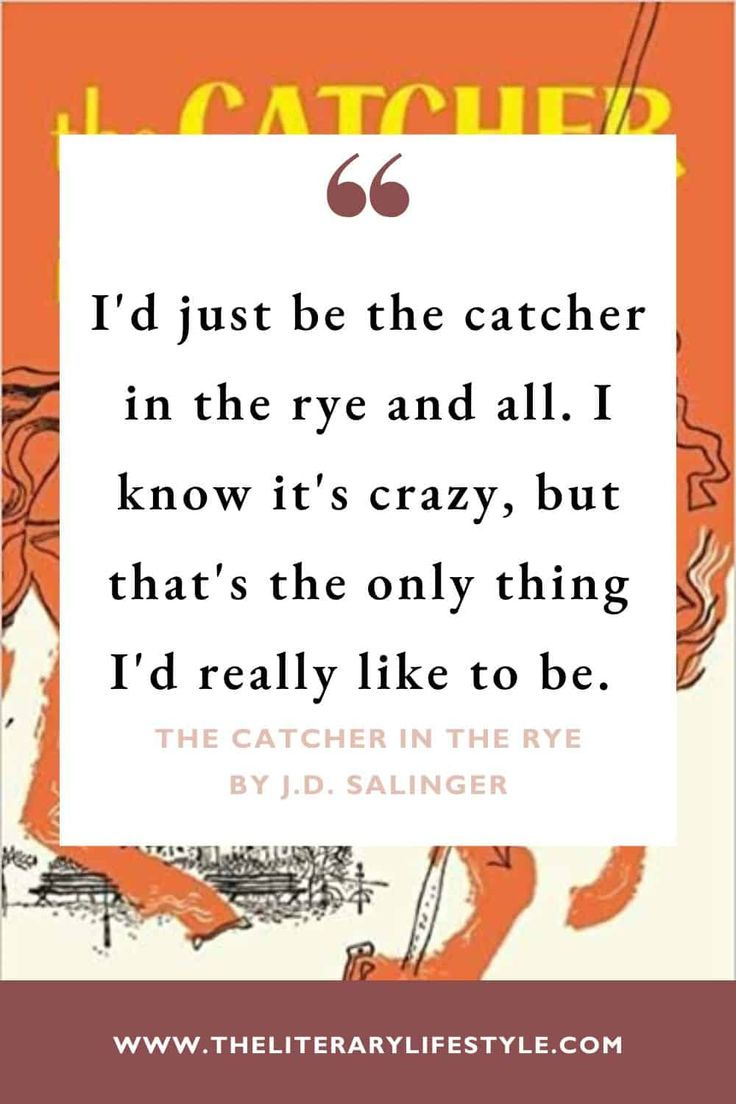Catcher in the Rye
Waste of Time or Literary Masterpiece: Swanns Way/Sweeney Astray
Waste Band
In Marcel Proust’s Swann’s Way, Swann seemingly had his pick of women from his own class. But they did not phase him, around them he always remained relatively at ease, basically took their association for granted as obvious unto itself.
Even at times, looking for Odette, while among his own class, they could appear to him as something of a trivialization of life, as compared to his incessant regard for Odette.
Swann with respect to women seemed to seek out those from other classes.
I am still reading Swanns Way, line by line from French into the English, because Proust’s French is native, unbleached, expansive and naturally complex.
Comparisons to beauty in art infused Swann’s love and his laments over Odette, both complicitly and explicitly.
Marcel never really ascribes to Odette, her being a courtesan. So much as everybody else does talking about her. Her job, really, is surviving just being Odette. Like Swann’s job is surviving just being Swann.
Swann is not able to change Odette, or control her or even, ultimately, after first flush of Madame Verdurin’s curiosity, he is not able to make himself fit in with Odette’s crowd.
And, in some ways, Swann admits he doesn’t understand it himself, why he was so fanatically in love with Odette, who for him was lacking in specific aspects of beauty as well as intelligence, and yet different in a way that constantly pulled him back.
Their marriage, incidentally, created room around him, among those who knew his family, where nobody else but her existed. His relationship with her created a separation for him from members of his own class where he could do what he had to ? no matter what the implication.
To die for love
To die for love. Time wasted loving someone “not your type.” I started thinking about this as an accusation, about how hopeless love can appear - febrile and futile.
And then started thinking about love as a phenomena, that does not exist alone, but that also happens to occur existentially amidst a variety of psychological manifestations. Such as an alienation with reality. And up again pops to my mind, the hopeless misrule of Sweeney Astray.
“His brain convulsed,
his mind split open.
Vertigo, hysteria, lurchings
and launchings came over him,
he staggered and flapped desperately,
he was revolted by the thought of known places
and dreamed strange migrations.”
― Seamus Heaney, Sweeney Astray
Night Bird
Crescendos exposing a multitude of realities, in a state of error terror and devolution of trust with time, can occur as a shocking transhistorical estrangement from reality,
There’s a place in Sweeney Astray called Glen Bolcain:
Glen Bolcain's Significance:
Asylum:
Glen Bolcain is a significant place for Sweeney in the poem. He finds habitation there, describing it as a "natural asylum" where all the madmen exist.
Refuge:
Glen Bolcain provides Sweeney with a refuge, where he spends time with "mad friends" who like him are stuck in the trees living a bird life.
Eternal Return:
Sweeney repeatedly returns to Glen Bolcain, highlighting his inability to disengage from it.
After reading Sweeney Astray, I used to think about the Glenn a lot - particularly in terms of a sublime sense of mutiny, that was going on with me, and ribald stretches of madness, whence reality become nearly entirely secondary to (what I began to call) “living in the Glenn.”
A hopeless sense of lament, infused with love, about reality itself, also being a sordid liberation, exploding across all divisions of thought, religion fiction philosophy art psychiatry poetry language, all the humanities, and even eventually into science as well, so that any separation between them had ceased.
Its insalubrity heartbreaking and ferocious. And for years, felt as if left wandering amongst its “trees,” infected, infatuated, and hopeless to any return to a sense for life, previously thought to be congruently shared.
And yet, though shockingly caught up in a wilderness/wasteland of cascading preoccupations, still ideas about love (and beauty), however seemingly interminable, never stopped carrying with it a sense of savior, right along with its sacrilege, as “hopeless but true.”
Attempting to make do, with catcher in the rhyme, an inability to escape it, or even now, any want anymore to disentangle from what it brings to my shore. Precocious tandem turns, latent with a soul’s scattering dust, of a lust to fold weary bait of bird-in-tree, dearly merely into latent sojourns with the restless and inciteful.




